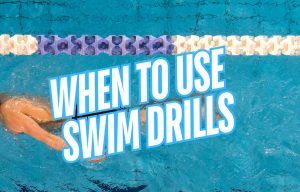
When Should Swimmers Use Drills During Practice to Improve Technique?
Wondering when to use swim drills to accelerate technique improvement? Here are some handy guidelines and more advanced strategies to deploy drills for faster swimming.
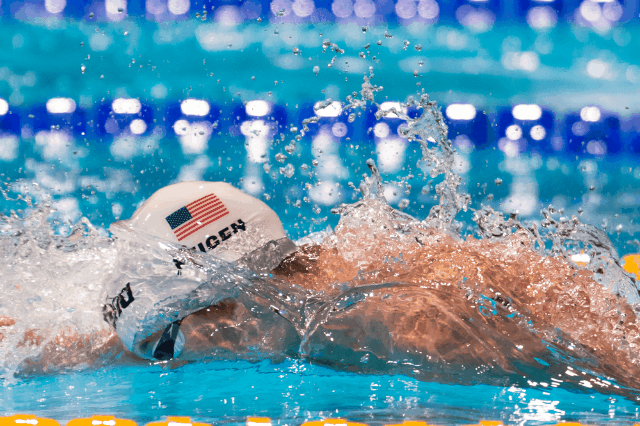
You always hear swimmers talk about what they want to achieve, the fast times they want to post, the medals they want to win, the championships they want to rep. What we don’t always hear about is what those athletes are willing to do, consistently, on a day-in and day-out time frame, to make that awesome goal come to fruition.
The goal isn’t enough. Not by a long shot. While important — we need the compass of a broader goal to chart the journey — setting that big goal is just the first step, and is not an end to itself. Just like wishing for something doesn’t make it happen, goal setting is only effective if you consider and execute the process.
Day-dreaming about our goals is the fun part. Easy. Painless. It requires little more than a wandering mind. And for many people, this is where they stop. Dreaming about it. Wishing for it. Fantasizing about achieving something cleanly.
The process is a little uglier. Okay, fine – a lot uglier. It’s littered with potholes, U-turns, injuries, illness, and unimagined setbacks. It’s gritty, not pretty, and challenging, but it is absolutely essential. Our goals are safe, predictable and can’t hurt us. The process, on the other hand, requires adaptability, fluidity in planning, periodic reassessments, and the courage to resist abdicating the journey at the sight of difficulty.
At some point it becomes necessary to let go of the goal and trust that by focusing your efforts on a daily basis that you will see the results you want. Cut the chord on the goal planning, the dreaming and visualization and invest your time and focus on what is directly in front of you.
Here are 5 ways to seize the process:
1. Seek to grow and improve every single day.
There are a heap of reasons to love swimming, and here is one of top ones: it provides you an opportunity to challenge yourself and grow every single day.
With each session you can set mini goals for yourself, and challenge your personal records and best in clear, tangible ways. Some of these are obvious and can be tracked, measured and sorted in seconds, yards and meters. Others can include breathing patterns, number of underwater dolphin kicks per push-off, time spent doing dryland/stretching, and so on.
There is a metric ton of different ways you can seek to improve your swimming on a daily basis, so write them out and start knocking them down one by one.
2. Nail the basics.
Putting too much focus on the end result means shifting attention away from the beginning. And for some, that is technique. For others, it is consistent attendance. And for others, it is nutrition. These things are basic in terms of getting you to smash through your personal bests.
Take pride in crushing the fundamentals, and give yourself a powerful foundation. (Don’t underestimate the power of nailing the fundamentals. The habit of executing with excellence will soon spread to other areas of your training.)
3. Avoid getting immobilized.
As much as we like to think that our path to success and glory is going to be a clean one, this is far from the case. Michael Phelps, in the midst of hard training in the lead up to Beijing, slipped in the cold Ann Arbour, Michigan winter, and broke his hand cushioning the fall. Some swimmers would have let this defeat them, sunk into self-pity and eased off training until healed up. Not Phelps. Each day he spent up to three hours on the stationary bike, and did a near endless amount of kick in the pool (thanks to some well placed water-proofing work on the cast), building up his legs so that when the cast came off his conditioning hadn’t skipped a beat.
You don’t always have to understand why things go awry, but you always have a choice in how you respond to it.
4. Does your day-to-day work ethic reflect your dreams?
If your goal is to win a gold medal at the Olympics, do the habits and work ethic you exhibit daily reflect this? Take an honest – perhaps sobering – look at the chasm that exists between the athlete you want to be and the athlete you currently are. List the things that you have to do differently. (Attempt to make these actionable items things you can do today, and avoid creating a “to do” list that you will start “someday.”)
5. Make gratitude a daily practice.
Yes, grateful. For those long hours staring at that faded black line. Grateful to be getting up before the rest of the world to challenge your body and mind long before the sky turns to light. Grateful to be training with some of your best friends, collectively chasing your individual ideals of swimming excellence. The moment you are grateful for doing what you get to do, is the same moment that you find more joy and pleasure in the task.
YourSwimBook is a log book and goal setting guide designed specifically for competitive swimmers. It includes a ten month log book,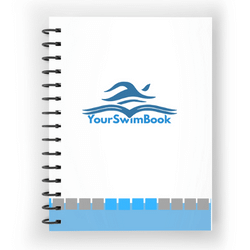
Learn 8 more reasons why this tool kicks butt now.
Join the YourSwimBook weekly newsletter and get motivational tips and more straight to your inbox. Sign up for free here.

Olivier Poirier-Leroy Olivier Poirier-Leroy is the founder of YourSwimLog.com. He is an author, former national level swimmer, two-time Olympic Trials qualifier, and swim coach.

Wondering when to use swim drills to accelerate technique improvement? Here are some handy guidelines and more advanced strategies to deploy drills for faster swimming.
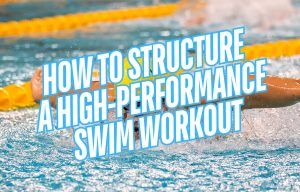
Frustrated with ineffective, unfocused swim workouts? Here is how to organize a well-structured swim workout that delivers results and faster swimming.
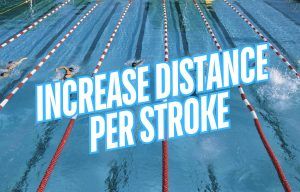
Ready to get more efficient in the water and increase distance per stroke? Here are some proven tips for increase stroke length with your swimming.
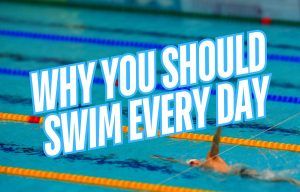
Ready to get your chlorine on? Here are nine reasons to make swimming part of your daily routine.
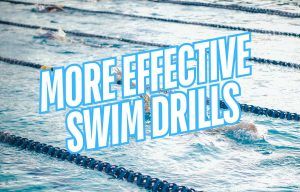
Take your swimming drills to another level with these proven tips. Next stop: better technique and faster swimming!
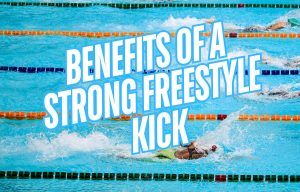
Wondering why you should be spending more time kicking? Here are the benefits of training your freestyle kick.
SITE
SHOP
GUIDES

LANE 6 PUBLISHING LLC © 2012-2024
Join 33,000+ swimmers and swim coaches learning what it takes to swim faster.
Technique tips, training research, mental training skills, and lessons and advice from the best swimmers and coaches on the planet.
No Spam, Ever. Unsubscribe anytime.
